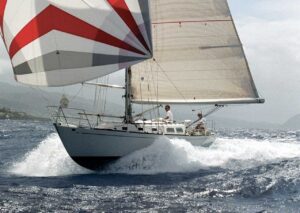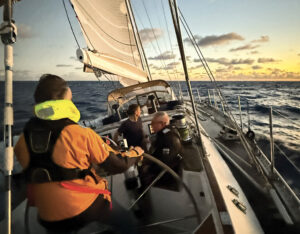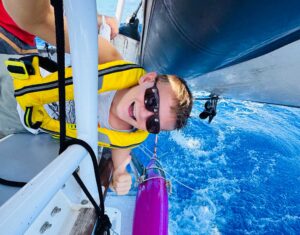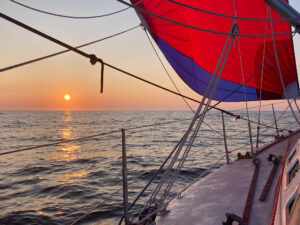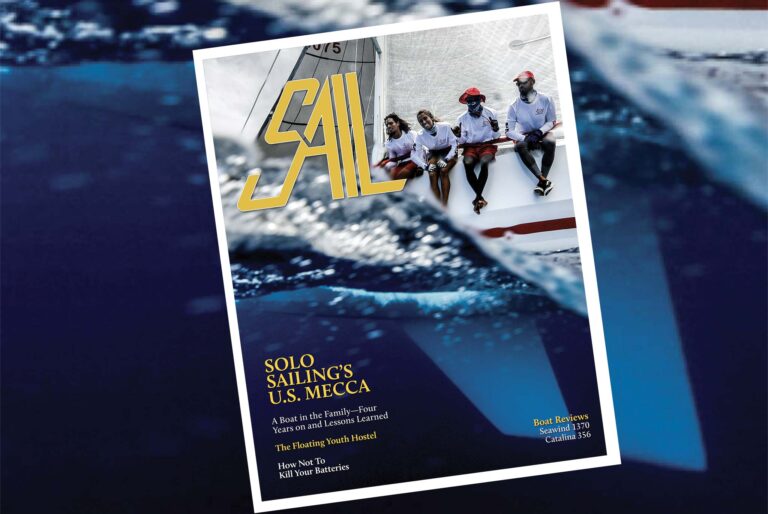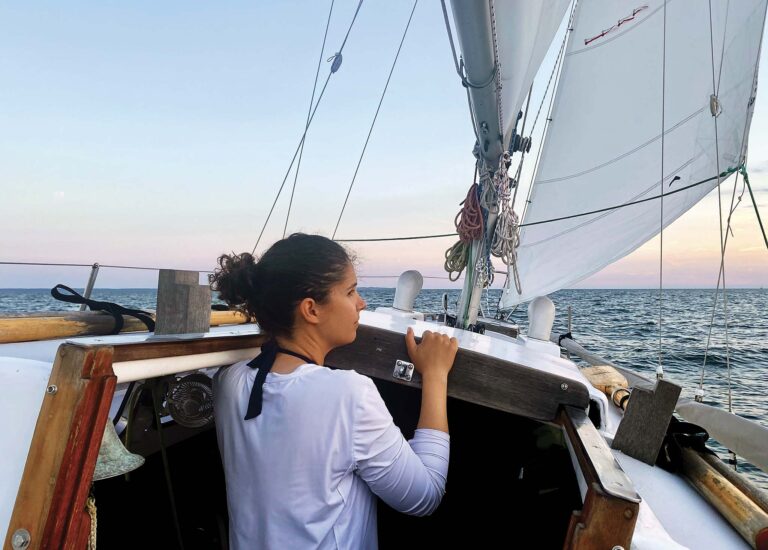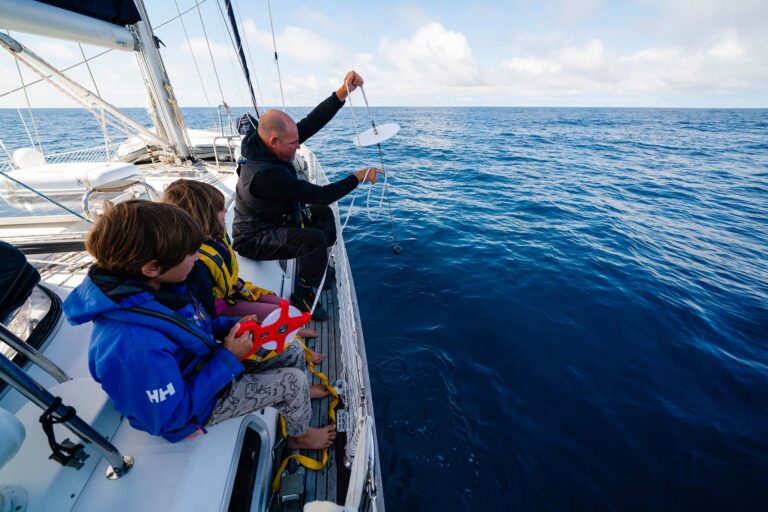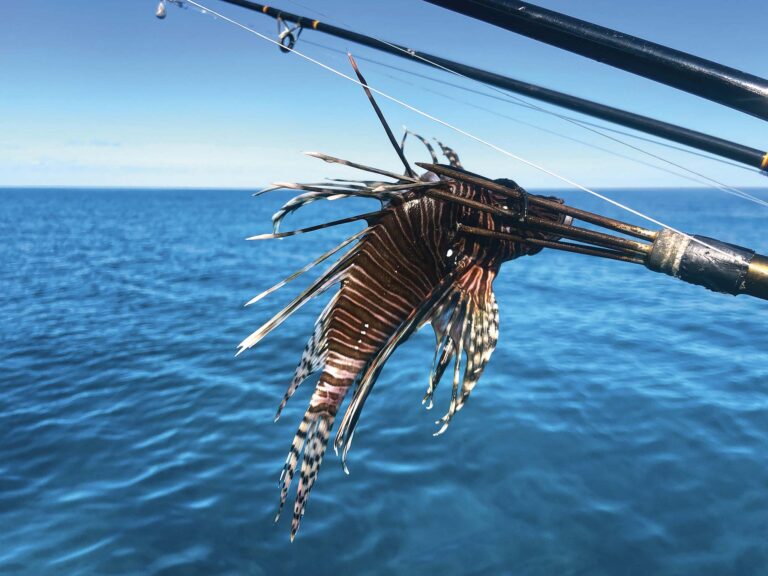I was in my thirties, and my childhood dream of circumnavigating the North Atlantic seemed destined to remain just that—a dream. Relationships, work commitments and a lack of funds were forever placing my goal just out of reach. Then came the global economic crisis.
It was the summer of 2008, and as a contract aid worker for the United Nations, I was between jobs. Worse yet, I had little chance of finding work as organizations all over the world battened down their hatches financially. One of my closest sailing friends, Jean-Francois Chavy, was also in trouble. Soon he was out of work as well. While we had both saved a few dollars for a rainy day, we never imagined it would be enough to go cruising.
A few weeks later, though, we decided to take destiny into our own hands and turn our misfortune into an opportunity. Rather then worrying ourselves sick about finding work and allowing ourselves to be labeled “unemployed,” we decided to proudly declare that we were taking the global economic crisis off as a cruising holiday. As crazy as this might sound, it actually made a lot of sense, thanks to a significant drop in used boat prices, a comparable drop in equipment costs and, of course, the fact that we now had lots of free time.
On a budget of just $13,000 each, we bought a beautiful 1981 Southern Cross 28 we named Exiles and spent two months restoring, repairing and outfitting her with new equipment, including a liferaft, EPIRB, wind vane, deck hardware, electronics, canvas, rigging, maps, radios and new batteries. Then in April 2009 we started making our way around the North Atlantic. From Montreal we went down the Hudson River to Manhattan where we set sail for Bermuda. After crossing the Atlantic, we met our girlfriends in Portugal, and cruised the coast for a month before heading off for Madeira, the Canary Islands and the Cape Verde archipelago. Finally, we headed back across the Atlantic to the Caribbean.
To our surprise we have not been the only ones to see opportunity in the recent catastrophe. Throughout our trip we’ve heard similar accounts from all corners of the North Atlantic: the young British couple whose dream of sailing the Mediterranean came true when they were both offered comfortable settlement packages after losing their jobs; the 20-something Australian couple who lost their jobs in Britain, bought one of the many cheap sailboats on the market and sailed it back home to Australia; the Danish duo—one out of work, the other fresh out of university—who decided it was neither the time or place to find new employment. The stories go on and on.
It amazed me that so many individuals who’d lost their livelihoods could take their dire situations and what little resources they had left and turn adversity into the opportunity of a lifetime. Many of them were younger professionals with little money to spend, but also fewer investments tying them down—a demographic that is all too often overlooked by a boating industry that tends to concentrate on wealthier sailors.
These “forgotten cruisers” often have few advanced instruments aboard. They are also willing to sacrifice comfort and accommodations rather than watch their dreams fade away. In the process, they become not only more competent sailors, but better people for taking the risks they have in their pursuit of happiness.
I am not saying the global economic crisis has changed the lives of the entire sailing community for the better. Nonetheless, for a forgotten group of dream-drunk sailors with limited financial means and lots of free time, the crisis created a world of possibility.
